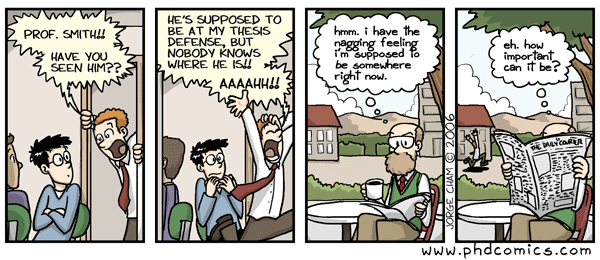Peer review is hard
Receiving rejections are never fun and we have all had at least one paper rejected. I had an interesting discussion during my last conference, with other participants about rejected papers. I realized that I am not alone. One question we ask is why was the paper rejected. In every rejection (I have had five so far), the reason the paper was rejected usually had to do with either the presentation or my idea hadn't been fully developed yet. Most of my rejections occurred early in my work, because I was still unlearning some bad writing habits.
The easy way out is to just blame the reviewer or invoke a conspiracy. This is what Robert Gentry has done. Several years ago I read his book, Creation's Tiny Mystery. He spent most of the book criticizing the scientific establishment, which really turned me off. The truth of the matter is that he was making extraordinary claims that would overthrow 200 years of scientific work. However his evidence was not strong enough for that claim. In fact, there are simple explanations of the phenomena that he observed that don't require overthrowing the current paradigm. In addition there are some problems that have been noted in his research methodology. None of these issues have been adequately addressed on his website. The only exchange he publishes is with Institute for Creation Research, a creationist organization. But rather than explain why his idea is better, he very poetically constructs conspiracy theories.


